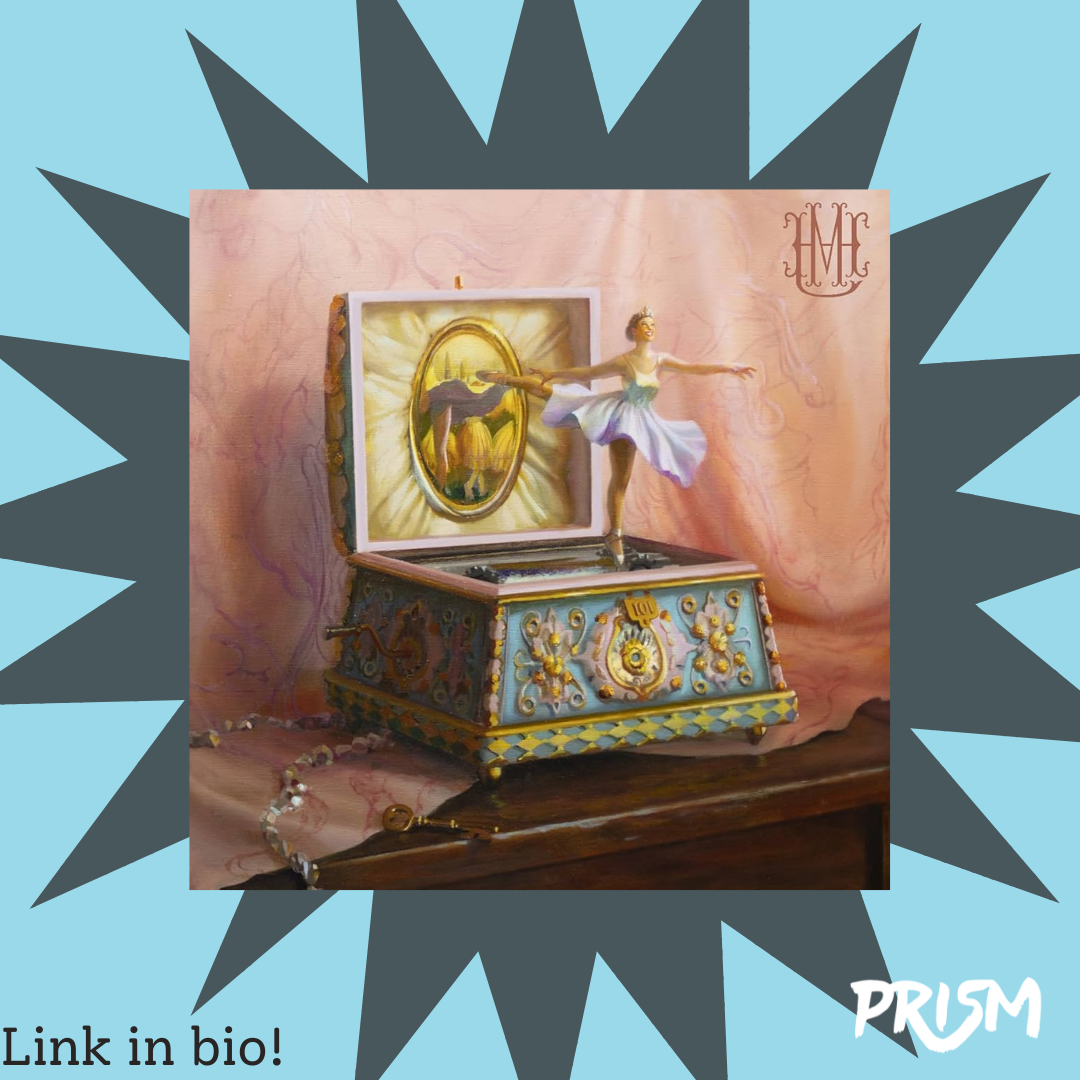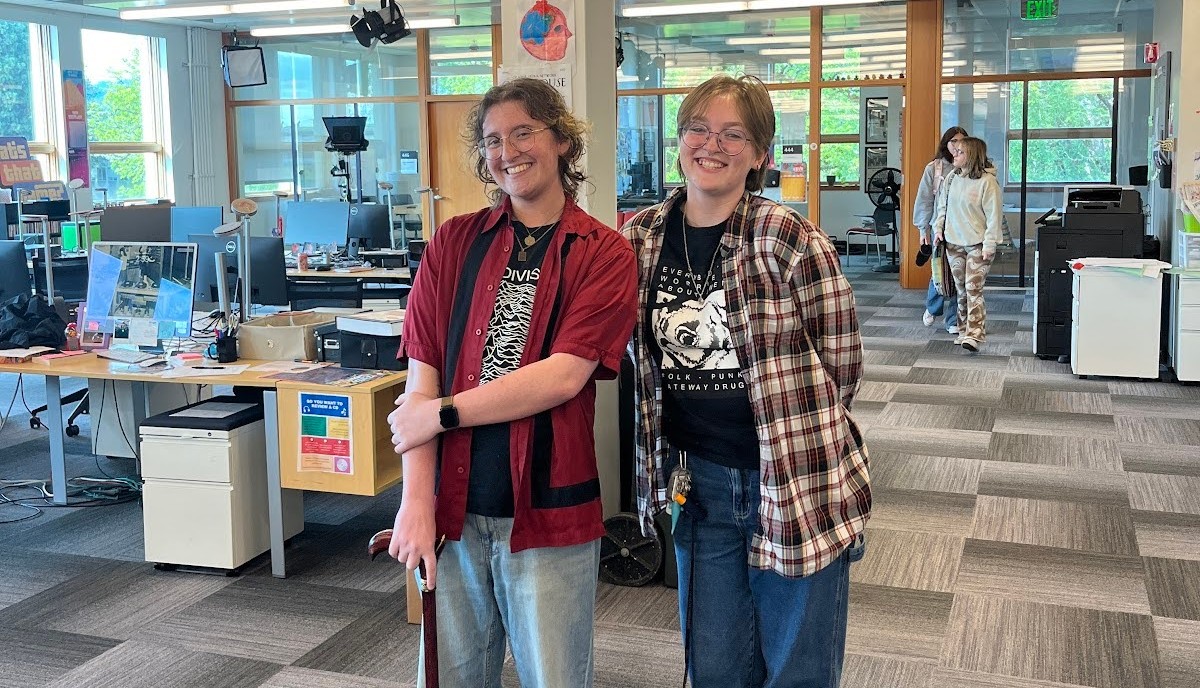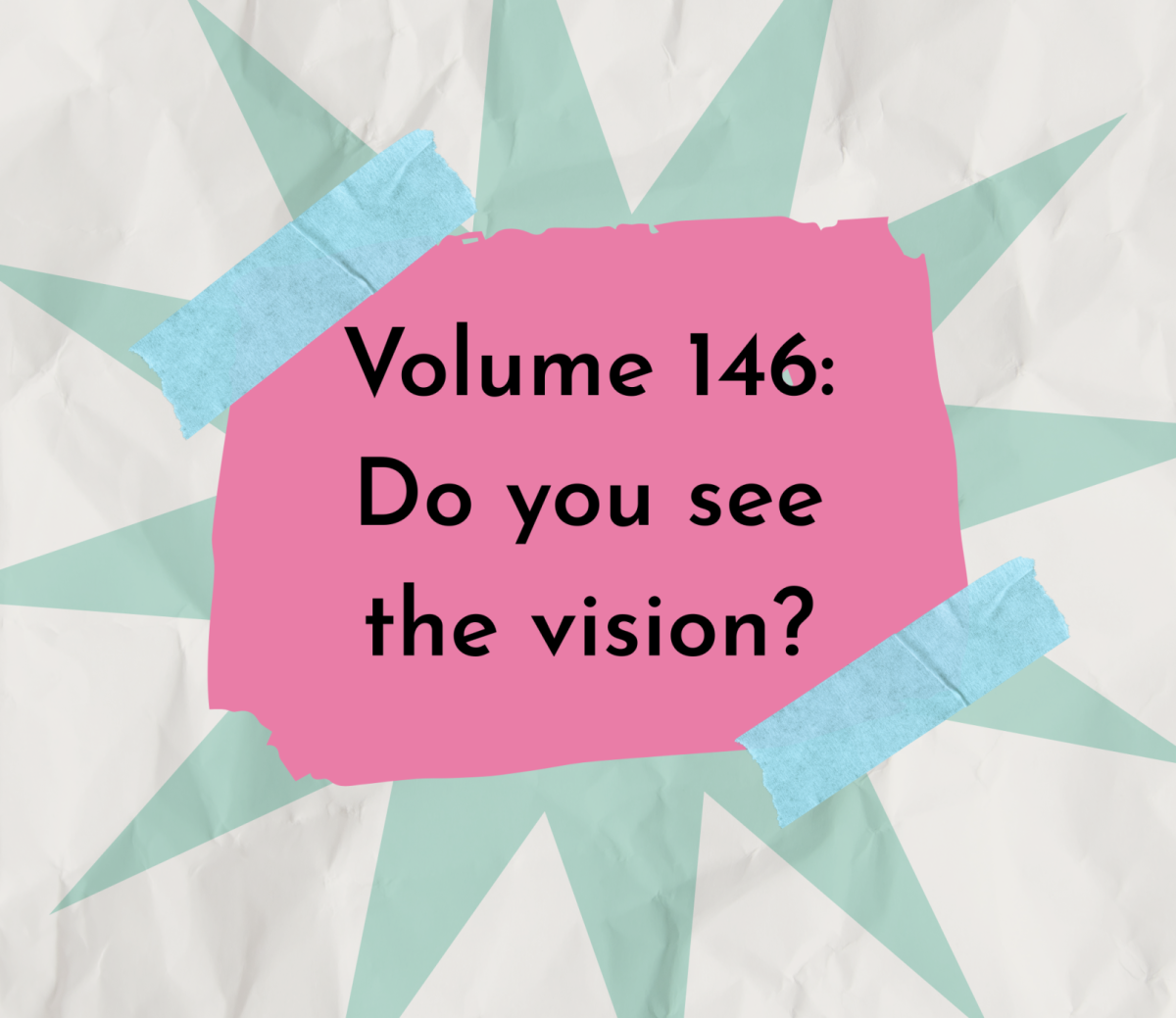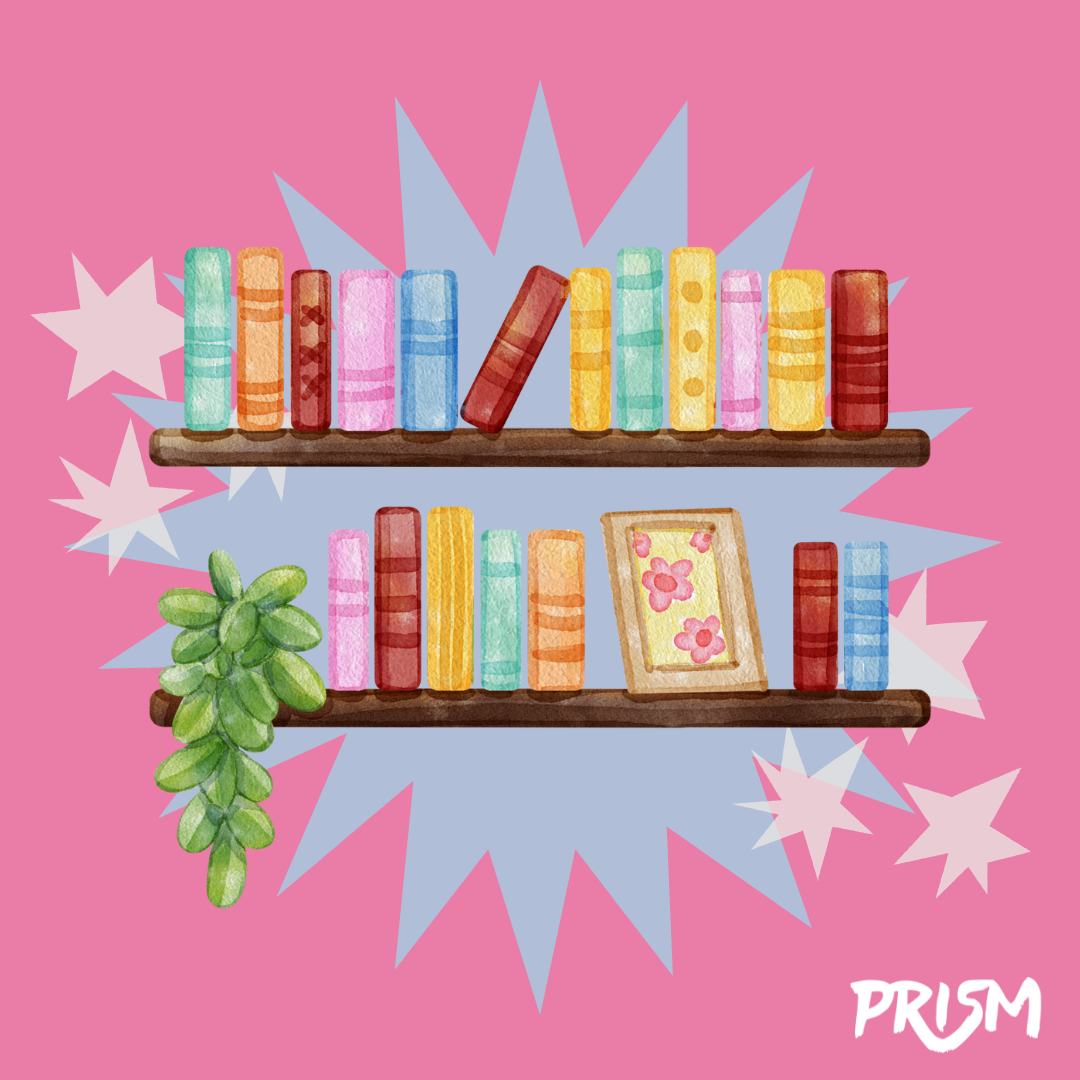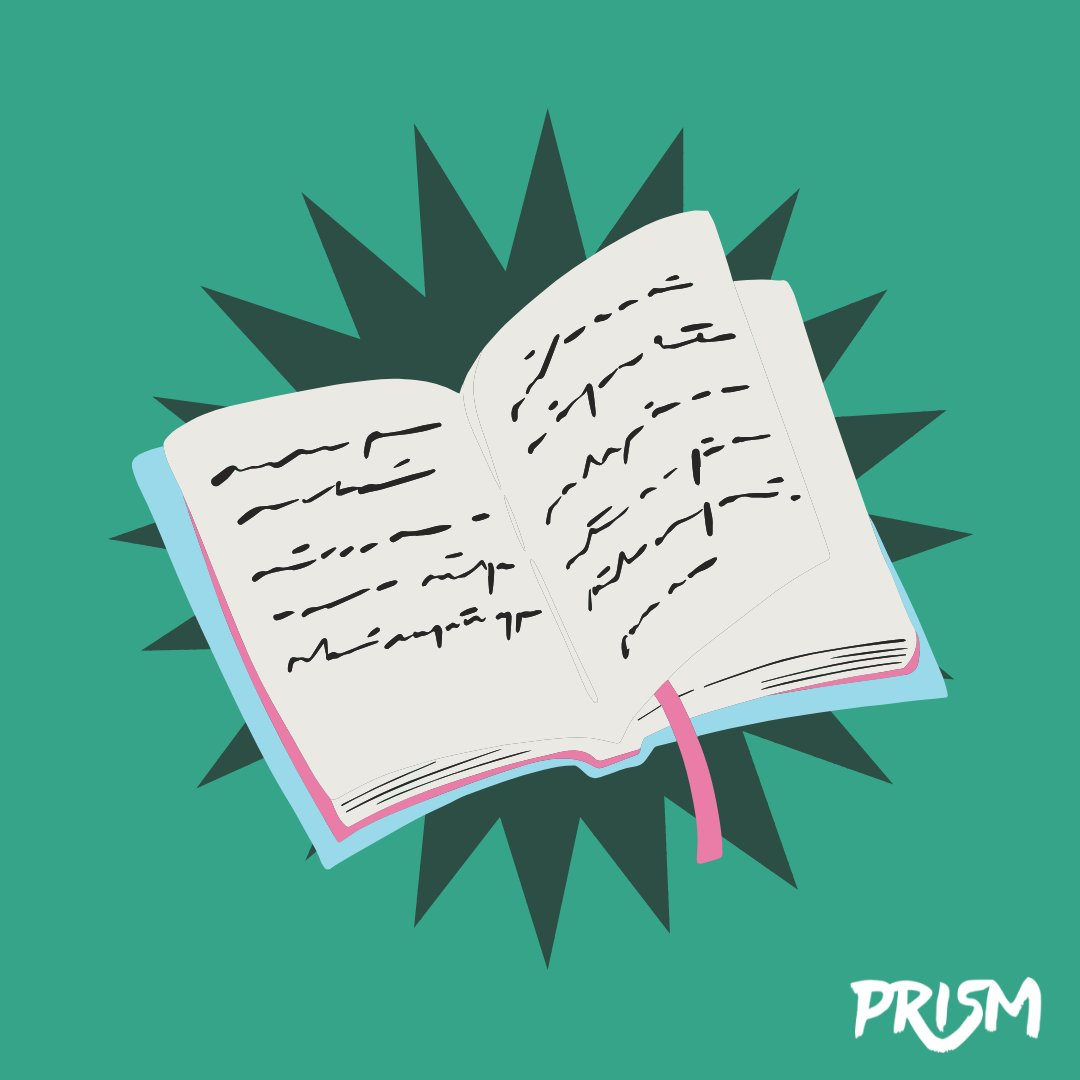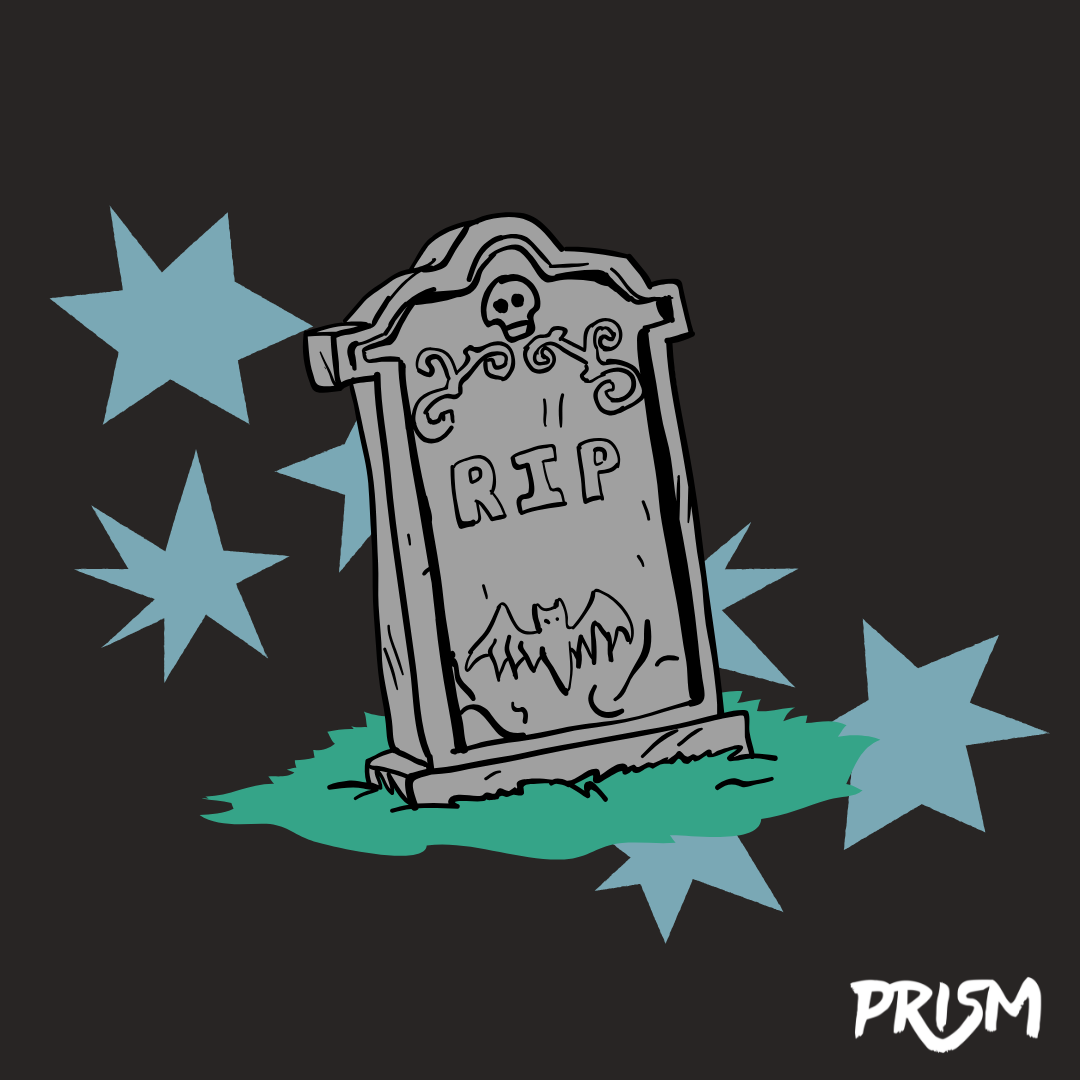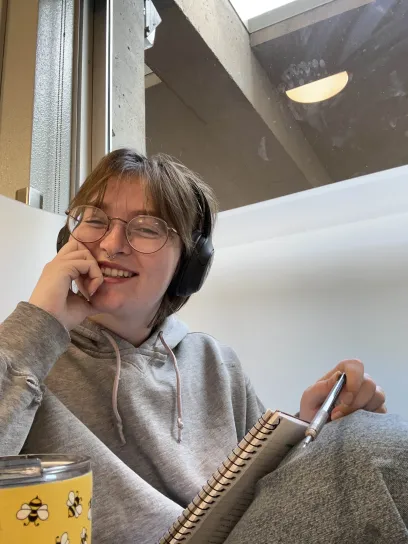Other than a few sparse showers of singles, Rainbow Kitten Surprise hadn’t released any new music, let alone a full length album, in nearly six years — so, by all accounts, “Love Hate Music Box” should have been a welcomed, heavy rain. A prized renaissance for longtime fans. Instead, counting myself among those ranks, I still haven’t listened to the album … five months later.
Clocking in at 22 tracks, spanning an hour and some change, “LHMB” was released May 10 amid dissent within the fan base, almost a full year after their last canceled tour. Whereas that last part may seem a non sequitur at first read, it’s actually where this story starts: May 23, 2023 on Instagram, RKS announced that, due to a health crisis, the last two months of their tour would not happen.
They stated they would not “put a timeline on (their) return”; they would return only when their collaborator was well and they could “confidently and consistently show up” for their fans.
It is that lack of consistency that many fans fell victim to.
Scrolling through the comments at the time, I saw many fans trying to balance their worry and well-wishes for the band with their frustration that this was the second, the third time they’d been canceled on by RKS. The band had canceled the last two months of their 2022 tour as well.
Most commenters were supportive of the band, but a decent proportion expressed that they likely wouldn’t buy tickets again, out of fear of “getting (their) hopes up.”
And then the band didn’t post anything for nine months.
Feb. 25 brought the first of a handful of short demo clips from Rainbow Kitten Surprise, with only the caption: “This is for y’all #rkslhm.” And their comment section exploded. Well-wishes, excitement about the return of the band, enthusiasm about a possible new album — everything seemed ready to ramp up, and with immense support. They posted more snippets, some pictures of lead singer, Ela Melo, posing with instruments and equipment, and the audience was eating it up.
Then, March 4 hit, and that’s where things took a hard left turn. In a statement many said couldn’t be “PR”-approved, RKS appeared to air all their dirty laundry in one fell swoop, seemingly without care or explanation. All of a sudden, fans knew it was Melo’s mental health that led to their hiatus the previous year, that there have been “ongoing issues in the band,” and that while they’re “excited to announce (their) return,” they’re also here to “announce the departure of (…) Charlie Holt,” their friend and bassist.
Quite possibly the most shocking news to come from the March 4 statement is that this news is coming “after a concerted effort to move forward together” in which they found that “Ela could not find a way to continue working with (Charlie),” and that “the band seriously contemplated calling it quits.” To say fans were shocked would be an understatement, with many criticizing the choice to call Holt’s absence a “departure” and not “kicking them out of the band.”
Then, two days later, a longer, completed clip of their song “Superstar” was posted with a release date of March 7 at midnight, and fans were confused again. Where had the old Rainbow Kitten Surprise gone? Not only had they not addressed any of the questions or backlash from their previous announcement, but this new era was a further step from form than anyone was anticipating. As one comment lamented: “What happened to friending, loving and free falling :(?” Gone seemed to be the days of indie-rock stardom, RKS was entering the pop scene.
When the band then announced their latest tour on March 14, many fans seemed less and less willing to defend and support their favorite band, commenting “OKAY BUT WHO WILL BE ON BASS?????” and “(let) the band get back on their feet and play some music before announcing more cities.” And, though I still follow the band, that was the last time I checked their feed.
Now, I should say that I am incredibly glad to see Melo thriving and the band back making music (and so are so many others) — this is a level of queer, and specifically trans, joy not often found in media and I’m ecstatic that Melo is out there in her popstar outfits singing her heart out on stage.
And there is something to be said about the people who took the canceled tour, bungled announcements and departure from their previous sound as an opportunity to spew transphobic remarks against Melo, degrade mental health and the resources available for those in crisis, and attack the band for prioritizing their wellness.
This is not that. I’m not here to tell you that they shouldn’t have canceled their tour or parted ways with Charlie Holt. I’m not here to tell you that they are any worse or better than they were in their last album, six years ago. I’m not even here to tell you that Rainbow Kitten Surprise shouldn’t have changed their sound; change is natural, especially with tenured bands going through tense turnovers and settling into their new identities as people and as a unit. What I am here to do is give my opinion on how that all turned out, so here it goes.
I want to review this album honestly. As a fan of Rainbow Kitten Surprise, I am feeling a kind of grief, and I don’t want that to cloud my judgment. There is a place for those thoughts informed by loss — that place, though, is at the end of this review. For now, I am a lover of music and a critical enjoyer of all things I love, and I am listening to “Love Hate Music Box.”
00:00-02:31 — “Peter Pan” has an extremely compelling backtrack and instrumentals, and great vocals — I think a drawback of that intense, building beat is that there’s no clear drop, no payoff of the layering. I like the snippets of word play in the lyrics and the audio sampled at the beginning. Overall, a good way to begin the album.
02:31-05:05 — “Sickset” is really high energy. I wish this song was longer and developed itself more, the sudden fall into a softer melody when the first verse was repeated was interesting and I wanted to see more moments like that. I actually love the fast-paced music and I think the lyrics fit the music well.
05:05-08:24 — Again, with “Finalist,” I find myself loving the music: the initial drum that sounds like a heartbeat and carries on throughout the song, that sudden offbeat, off-kilter drum that lurks heavy in the background, the overall tempo. I enjoy the chorus more than any of the other verses and I think the bored quality of Melo’s voice adds to this regretful, dying tone. I do think the vocals sound overproduced on this track.
08:24-12:00 — The more synth-based track “LOL” softens the blow of the heavily produced vocals, I actually think they fit well on this track and mix well with the overall music. Lyrics-wise, verse three would have to be my favorite and I don’t like the refrain — really, at all. So far, I’d say this is my least favorite on the album.
12:00-14:08 — I found myself bobbing along to “Lucky” with a little grin. It’s a really fun song with a nice instrumental intro that I’ve been missing in the last four tracks. I enjoyed the layering of vocals and the switching between a deeper register and more nasally head voice throughout the song. This could fit easily on one of my dancing playlists.
14:08-17:09 — I feel like the album finds its stride with “Meticulous.” The music is finally supporting some strong lyrics. The playing on cliches in a love song is right up my alley. I really enjoyed the music and the vocals on this track, I think the choice to utilize Melo’s range on the last two songs has really won me over.
17:09-20:06 — “Hot Pink Ice Cube” sadly hit the pop-song-pothole of needing to say “tonight” to get its point across. For a really high-energy song, I didn’t really get sucked into the music or the lyricism in this one, though I do love the vocals on the chorus specifically. I still can’t tell, this far in, if the overproduced quality of the vocals is a stylistic choice or simply heavy-handed.
20:06-23:33 — “SVO” truly defies the genre of this album so far. I think it’s … weird. Really quite strange, actually. And I kind of love it. I think the vocals are really compelling and kind of enigmatic, and I particularly like the way Melo sings the pre-chorus. The backtrack is a little uninspired, but it highlights the vocals and lyrics well.
23:33-27:14 — Beginning “Code Blue” with a Ghostbusters reference is truly inspired. I actually really enjoy this song: I think the lyrics are strong, the imagery is moving and there’s a developing story. The softer singing fits the vibe well, and the simple beat supports a more elevated track. I can clearly see a devastating edit to the chorus that could easily bring me to tears.
27:14-30:07 — “Overtime” is the first RKS to have a feature. Ever. And is it okay to say I’m disappointed it was Kacey Musgraves? I enjoy Melo’s vocal performance in this song far more than Musgraves’, and I do think that’s, in part, due to the fact that Musgraves sang the weaker of the two verses. This is not a track I’m particularly excited about, but I do like the rhythm and sound of the chorus.
30:07-33:57 — I don’t even know what to say about “Ghoul,” but I know I love it. This would have to be my top track of the album so far; I love the voice modulator at the beginning and how the verses all just flow into one another. This track is a great creative performance all around: lyrics, vocals and music.
33:57-36:49 — Another harsh shift in genre after the last, “John Woo” is unexpected. I like the fast pace, filled-to-the-brim-ness of the verses, and whereas I’m usually a fan of a rhythmic shift between the verses and the chorus, the chorus just feels so empty.
36:49-39:13 — “Low as we Go” is not my favorite. It’s not super compelling to me and it feels startlingly empty for such a fast-paced song. The chorus is a moment I can’t really define — I was bored of the repeated song title the moment it was first sung, but I liked the musical choices of the lines beforehand.
39:13-41:59 — “Bearwalk” manages to feel, somehow simultaneously, both chronically online and completely offline to me. Other than that initial tidbit, I do like this song quite a bit. I love how the recording and layering over the chorus make it sound throaty — like it’s being screamed. The guitar solo is rad and I think this song is overall a good time.
41:59-45:12 — “Superstar” brings me to an interesting point in this album — this song is the hardest for me to be impartial about. I will say I like the overall sound, the backtrack and instrumentals are a high point and I love how they drive the music, and I generally enjoy the vocals, despite my personal belief they are overproduced. The lyrics are definitely a drawback for me, but I think they’re buoyed well by the production outside of them.
45:12-48:57 — Funnily enough, “Cinderella” is one of the real superstars of this album. It has a really fresh, interesting beat that matches perfectly with the production of the rest of the track. I think the lyrics are a great exercise in the hazy, hurried quality Melo and the backtrack bring to the song; it’s a very visual track, which tends to be my favorite. Another trend I’ve noticed between the songs I love and the songs I don’t like as much, is that Melo utilizes all aspects of her range and frequently switches between them — which is, of course, present in this song.
48:57-52:01 — Another album trend, continued in “Best Man,” is the bordering-on excessive use of the words “babe” or “baby” — which isn’t a bad thing! It’s just very pop — which also isn’t a bad thing. Beyond that, I like this track a lot. The instrumentals and general feeling give me heavy Dancing-with-your-friends-in-a-club-in-the-‘80s vibes: very colorful, bubbly and fun. Again, I love the vocals and the music and the lyrics.
52:01-55:48 — Already, “Rabbit Run” starts with a pretty different vibe from the previous tracks. It’s slower, but with the characteristic drums that tie a lot of the songs on this album together. I like this song quite a bit: the bored way Melo goes through the song sounds resigned but resolute, the lyrics are quite enjoyable and tote some really intense imagery and emotion that draw me in, and I love the repetition and fade out of the last couple bars of the song.
55:48-59:09 — If this song was out in April and my prom had an actually decent DJ, I could see “Daddy Yankee” being played, with the appropriate flashing, colored lights. I could easily play this driving in my car, dancing along to a hopecore edit in my head; there’s the proper amount of depth in the lyrics to make this track easy to dance to (not too much), but also to give you something to scream along to (just enough), paired with a really energetic beat.
59:09-1:01:40 — In “Re-entry,” the heartbeat drums are resurrected! I like the development of the instrumentals throughout the song, and the tongue-in-cheek way the chorus is given an addendum starting with the lyrics “Oh, by the way / I meant to say.” It’s not a song I’m absolutely itching to listen to again, but I wouldn’t skip it if it came on on shuffle.
1:01:40-1:04:47 — “No Occasion” is the penultimate song on the album and I think it functions well in this position — it feels like the soft, blue-lighted song a band would play last before coming back for an encore, which I hope delivers. I really like the music and the lyrics, especially the way they interact throughout the track. It also has maybe the only refrain on the album I actually really enjoy, I think functions well, and is supported by the vocals and instrumental.
1:04:47-1:07:20 — “Thanks for Coming” is the final song of “Love Hate Music Box,” and what a fitting title. Not the encore I was expecting, but I think the one the album deserves. It’s just a pointed conversation at the thesis of the album: growth, change and experimentation. I think everything — the music, the vocals, the lyrics — works really well together and in an age of albums not made for CD listening, I think it wraps up a straight playthrough with, not a pretty bow, but hope.
So, my thoughts, as unbiased as humanly possible after a thorough listen and read through: I liked it. More than I was expecting to. There are songs I didn’t particularly enjoy, which I’m sure you could easily point out in my deep dive, and songs that I thought were just mid, given merit mainly by one aspect of the total production — usually backtrack and instrumentals. But, there were also quite a few songs I genuinely enjoyed and would be happy to have on my phone and integrate into my playlists. “LHMB,” as a whole, is genre- and decade-defying, it takes inspirations from a number of styles and times that really make it a fun listening experience, even if I didn’t like all the songs.
Now, we can’t ignore the elephant in the room: What’s my completely biased opinion? The album is still good, something I’d happily add to my rotation of albums, likely something I’d hit up on a happy day with clear skies, but it won’t be joining my Rainbow Kitten Surprise playlist anytime soon.
“Seven + Mary,” “RKS,” and “How To: Friend, Love, Freefall” are pieces of art I’ve turned to for years now. “Painkillers” and “Cold Love” are two of my favorite songs of all time and, if asked to recollect my top songs or song lyrics, those are the two I’d immediately pull out of thin air. I still remember that my first RKS song was “Devil Like Me,” which I found because I was binge watching “Good Omens” animatics on YouTube. My mom knows all the lyrics to multiple RKS songs because I listen to them so much, and when I played my RKS playlist for the first time in … a while, when I moved out here for school, she solemnly noted that I hadn’t listened to them in a while.
And, truth be told, it’s because I was scared — scared that somehow, retroactively, the genre shift in 2024 would steal away all my favorite songs from six-plus years ago. But the songs I love won’t disappear, I don’t have anything less to love than I did before “LHMB,” but I don’t exactly have more.
I don’t think “Love Hate Music Box” will ever mean to me what the other three Rainbow Kitten Surprise albums do — I don’t think it will come close. That’s alright, though, it can mean something different. RKS of “Seven + Mary,” “RKS,” and “How To: Friend, Love, Freefall” and RKS of “Love Hate Music Box” are two different bands to me, and I love them both.
This isn’t the blog post I expected to write about this album. I expected to hate it, at least a little. Surprisingly, I don’t, not even in my grief. It’s less alternative than previous Rainbow Kitten Surprise music, that I believe; it’s closer to pop-inspired than folk-inspired. And, though that’s a gripe, it’s a personal one — I love a lot of pop music, it’s just not what I was expecting, or wanting, from an RKS album.
This album was good. This album wasn’t Rainbow Kitten Surprise — as I know them, at least. But, I’m willing to reconvene with a band that doesn’t even know my name. Even though I agree with it a little less completely after a full listen through, I’ll leave you with my general sentiment, as one commenter put it: “Love y’all. (But) never forget that in an industry of “superstars” there was only one Cocaine Jesus.”
Featured image from rksband.com.


